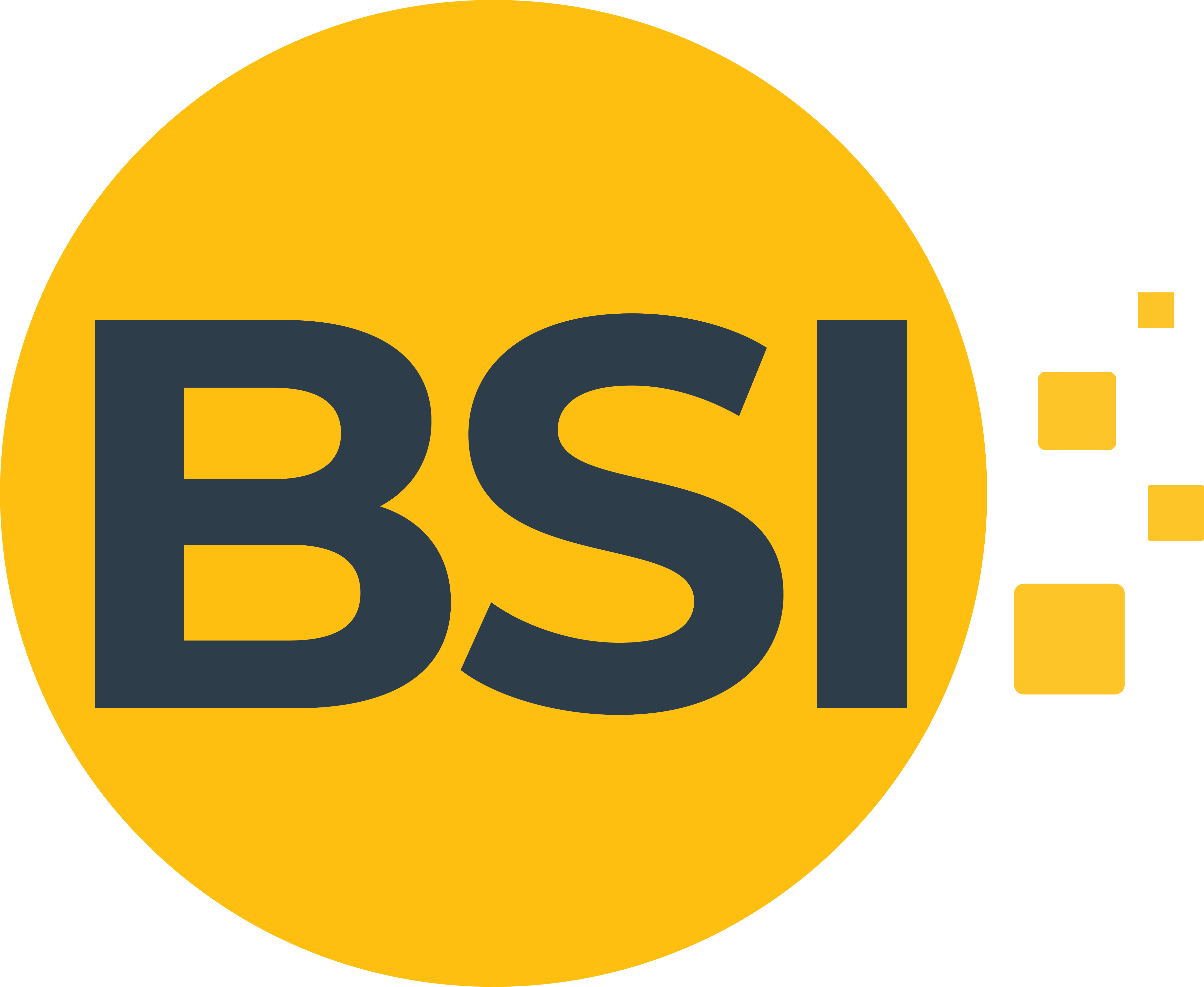
Top 8 Implications of Blockchain Technology in Supply Chain Industry
BSI – 8/6/2023
Blockchain technology can significantly impact the supply chain industry by improving transparency, traceability, efficiency, and trust. By leveraging blockchain solutions, companies can optimize their supply chain processes, reduce costs, enhance customer satisfaction, and gain a competitive edge in the marketplace. We at Business Software India develops softwares for supply chain industry which redefines the industry with high profit. Here are the top eight implications of blockchain technology in supply chain industry;
- Enhanced Traceability and Provenance: Blockchain enables end-to-end traceability by recording every transaction and movement of goods on a decentralized and immutable ledger. This ensures transparency and visibility across the supply chain, from raw material sourcing to the final product delivery. With blockchain, companies can verify the authenticity, origin, and quality of products, reducing the risk of counterfeit goods and improving supply chain integrity.
Improved Supply Chain Efficiency: Blockchain-based supply chain solutions can automate and streamline various processes, reducing paperwork, manual interventions, and administrative overhead. Smart contracts on the blockchain can facilitate automatic execution of predefined conditions, such as triggering payments, verifying compliance, or initiating shipments. This automation improves efficiency, reduces errors, and accelerates the overall supply chain process.
Secure and Efficient Data Management: Blockchain provides a decentralized and tamper-resistant platform for securely managing and sharing supply chain data. Each transaction recorded on the blockchain is cryptographically secured, ensuring data integrity and minimizing the risk of data manipulation or unauthorized access. This secure data management enables improved collaboration, information sharing, and coordination among supply chain partners.


4. Strengthened Supplier Management: Blockchain technology can enhance supplier management by creating a transparent and decentralized platform for supplier verification, certification, and performance tracking. Companies can store and access supplier information, certifications, and compliance records on the blockchain, enabling efficient supplier onboarding, monitoring, and evaluation. This promotes trust, reduces risks, and fosters stronger relationships with trusted suppliers.
5. Efficient Inventory Management: Blockchain-based inventory management solutions provide real-time visibility into inventory levels, locations, and movements across the supply chain. With accurate and up-to-date inventory data, companies can optimize stock levels, reduce overstocking or stock outs, and improve demand forecasting. This leads to cost savings, better inventory turnover, and increased customer satisfaction.
6. Secure and Efficient Payments: Blockchain can facilitate secure and efficient payment processes within the supply chain. Smart contracts on the blockchain can automatically trigger payment releases when predefined conditions are met, such as delivery confirmation or quality inspection. This eliminates the need for intermediaries, reduces transaction costs, minimizes payment disputes, and speeds up the settlement process.
7.Supply Chain Financing and Risk Management: Blockchain-based platforms can unlock new financing options, such as supply chain financing or invoice factoring, by providing transparent and auditable transaction records. Lenders can assess the creditworthiness of supply chain participants based on verified transaction data on the blockchain. This improves access to capital for suppliers and reduces the risk for lenders, ultimately strengthening the overall supply chain finance ecosystem.
8. Consumer Trust and Product Authenticity: Blockchain technology allows consumers to access transparent and trustworthy information about products, such as their origin, manufacturing processes, and sustainability credentials. By scanning a product’s unique identifier or QR code, consumers can verify its authenticity and make informed purchasing decisions. This builds trust, fosters brand loyalty, and helps combat counterfeiting.












vds
vds
Cecil Doby